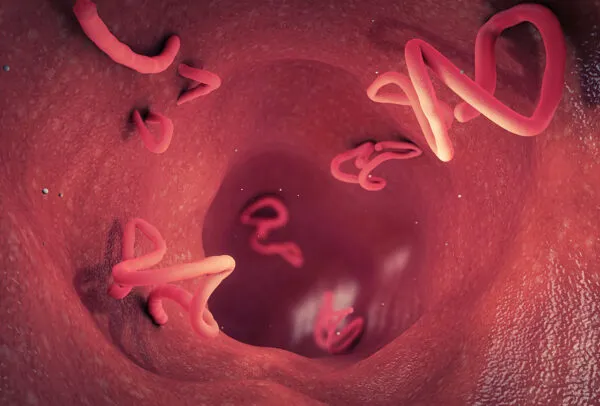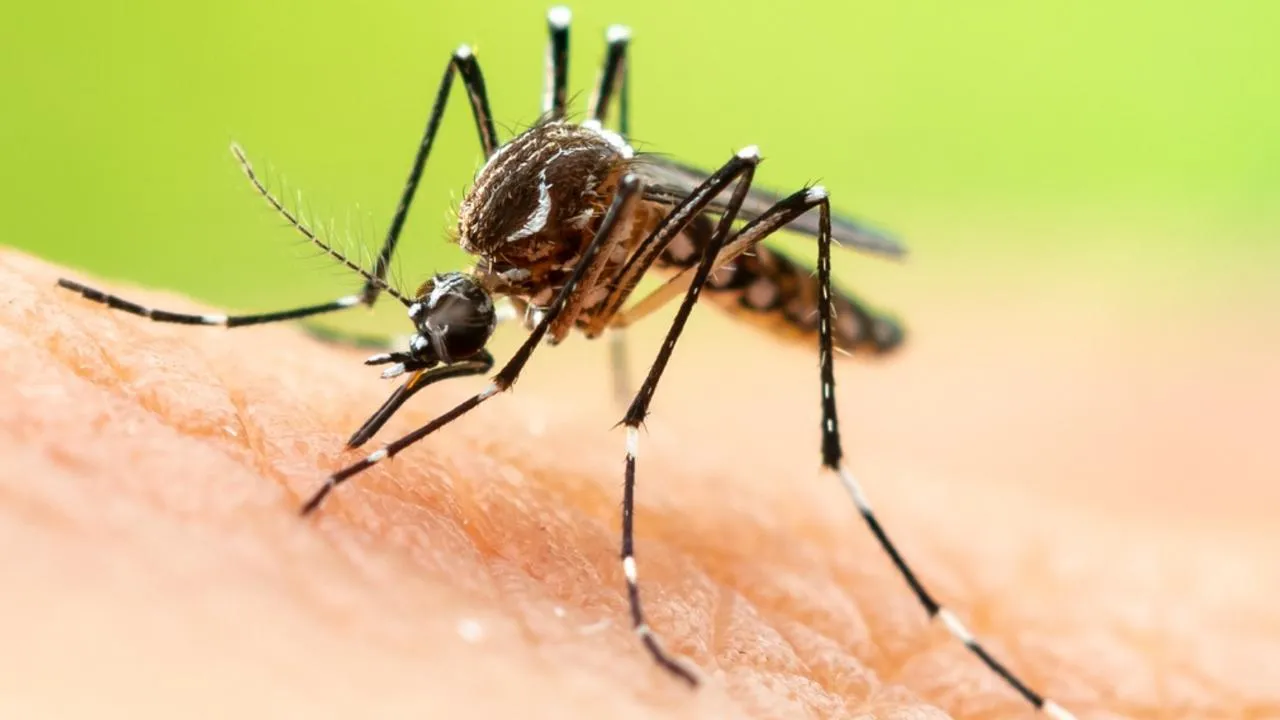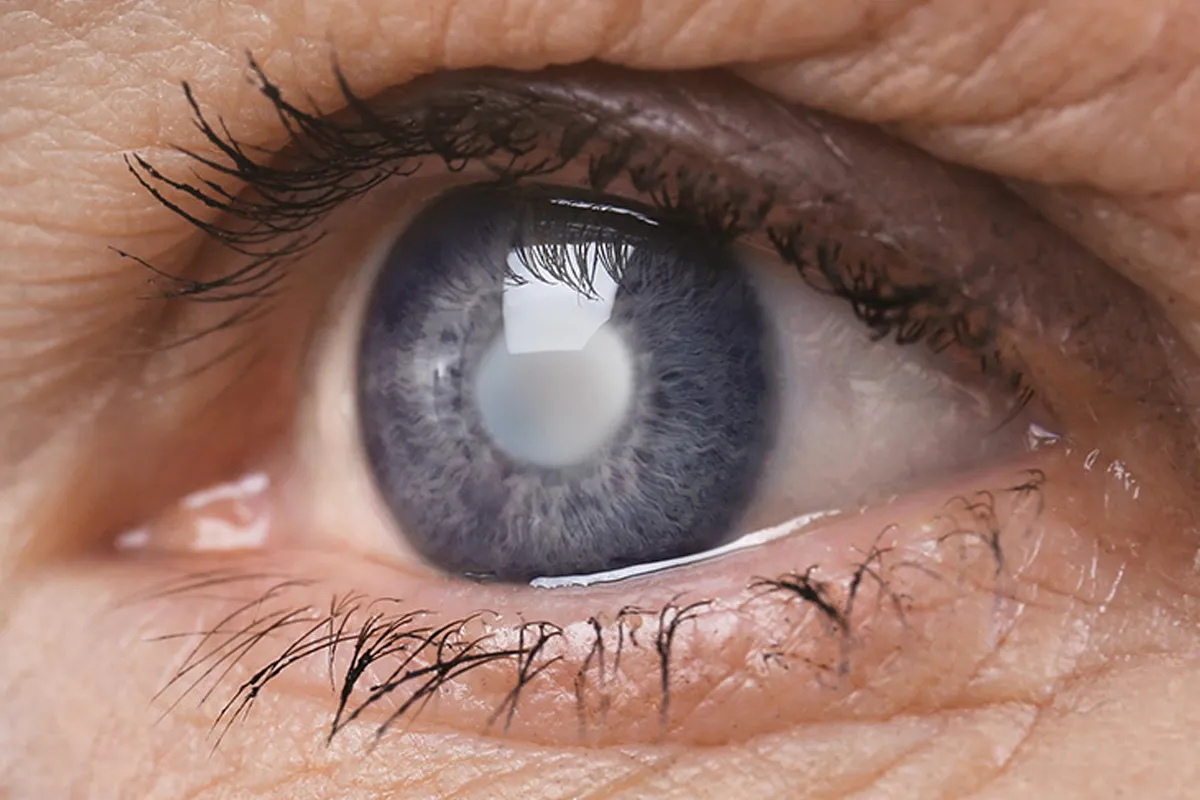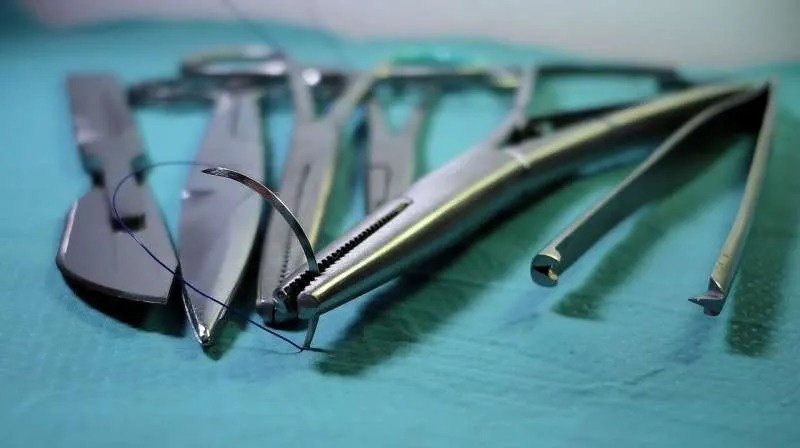There is a correlation between diabetes and food. Some take foods which are high on glycaemic index or, in other words, are sugary. The body in response produces insulin, which helps control diabetes. So, food is the first line of treatment.
A lot of confusion about sugar free prevails in diabetes management.
Any food item which has no white sugar added to it is healthier than sweetened items.
Avoid food items such as biscuits made of arrowroot, refined flour or corn flour. They are not healthy for diabetes patients, because they have a high glycaemic and are likely to increase the blood sugar and may also cause inflammation to the body.
A sugar-free alternative means chemical sugar – sucralose – which is an artificial sweetener. Chemical-based sugars like sucralose should not be taken because chemicals in them have long-term side effects.
Natural plant-based sugar is better than artificial sugars. A diabetic should rather take plant-based sugar once in a while or may be on weekends or on festive occasions.
A lot of people take food products which even though do not have added sugar are unhealthy because they have other trans fats. So, products recommended for diabetics which have no added sugary chemical but carry preservatives, artificial flavour and colours impact the diabetic health as the liver is unable to process those chemicals. In diabetics, the liver is likely to weaken. Therefore, it is important to not tax the liver with all these chemicals.
Jaggery or other kinds of sweeteners are marginally healthier than white refined sugar. But they too should not be taken in large quantity. It is better to have fruits than these refined products from different sources as they affect the insulin and blood sugar adversely.
Diabetics should avoid sugar or sugar-based products, processed food items, refined food items, juices, packed foods, rice flour, refined maida, white flour and suji, among others, as these lead to increased blood sugar, imbalance in the insulin and inflammation of the body.
FOODS FOR DIABETIC
Diabetic should eat foods or grains which lead to less sugar in the body; for example, chana (grams), besan, or flours made of millets. Millets like ragi, jwar, bajra and Brazilian grain are low in glycaemic index and are great for diabetics. The point is to fundamentally shift from wheat and rice as their overconsumption may lead to not only diabetes but also to obesity and associated health problems.
Many diabetics have inflammation in their body and therefore need to have more inflammation-reducing vegetables, primarily leafy vegetables, like spinach, bathua and others. Green vegetables reduce blood sugar in the body. A daily bowl of salad, which includes tomato, cucumber or any other seasonal salads would be great for reducing blood sugar naturally.
Fenugreek seeds (maithi dana) are also effective in keeping blood sugar at bay. One can have it either in the form of sprouts empty stomach in the morning or a kadha or decoction. Just put fenugreek seeds in a bowl or in a pan, add a pinch of turmeric, cinnamon and saunf (fennel), if you wish, and boil together for a while. You can take it either warm or cool. This is excellent diabetes management antidote.
Sugar is something which is not required by the human body, yet there is huge consumption of sugar. One should prefer more natural sources of sugar like dates and raisins. If required, jaggery can also be used in controlled amounts. These alternative sources of sugar do not cause sudden weight gain and do not cause damage in terms of increasing inflammation. Honey is also good source, but it cannot be taken in large quantity.
HOW TO MAINTAIN BLOOD SUGAR?
Some of the herbs which can help reduce blood sugar, for example, are fenugreek seeds, cinnamon, gurmar (an ayurvedic herb known to reduce blood sugar), karela or bitter gourd (or its powder), jamun (black berry) seed powder, amla (Emblica officinalis) and triphala. These are excellent for diabetes control.
PERFECT FOOD TIMING FOR DIABETICS
An ideal food timing for diabetics is 7:30 in the morning and 7:30 in the evening. Eating food before or after may cause indigestion.
Diabetics should eat before 7:30 p.m., because body is settling down and if you pile on a lot of food when body should be allowed to recover and rejuvenate, it is going to interfere with the natural process, which means accelerating ageing and breakdown of tissues. So, it is very important, if you want to actually recover from stress, to eat very light in the evenings and your diet should have more of vegetable soups and leafy vegetables. Avoid heavy meals late at night.
We should not go hungry between 7:30 in the morning and 1:00 in the afternoon, because this is the time the metabolic fire is burning at the highest. If the stomach is empty or devoid of any food, it starts going into detoxification phase, as a result of which metabolism is disrupted.
Now, in terms of what kind of food should be eaten at what time, it is very important that one should not eat foods which increase body weight and body water. Cough foods such as banana, rice and fried foods should not be eaten late evening, because they increase cough and body weight, and flame in the lungs. They should be eaten more in the morning or afternoon. Foods which are dry and light should be eaten at night.
HOW MUCH FOOD SHOULD A DIABETIC EAT?
One should eat approximately two-thirds of the capacity, which means one-third of the stomach should be left empty for it to digest the food.
How do you know how much your stomach is expanding? The best way is to avoid refined foods, because the stomach has censors which automatically shut off when the stomach stretches to a certain level.
These censors do not work properly because we have taken fibre out of our diet. Fibres are what trigger the censors to give the information that it is time to stop eating. If you remove the fibre from food, those censors will not work. Therefore, the thumb rule is that if you are eating natural foods which have fibre like dalia, fruits with skins or rajma and chana with natural skin, you do not have to worry much. But when you are eating refined food like puri or bread, eat only 50% of the hunger, because the refine food is already heavy, with no fibre content in it, and it can upset your insulin.
Dr Shikha Sharma is a renowned Indian nutritionist.























